Tawheed-Based Modern State: Islamic Military Strategy for National Security
Category :
Islam

Author ::
Salzar Rahman Sabu
Feb 26, 2026
visibility
727 Read
Islam is a complete code of life. Allah has described its followers as a single Ummah (Surah Al-Imran 3:110). Just as Islam guides individual conduct, it also provides comprehensive policies regarding national defense and military affairs.
In Islam, just like prayer (Surah Baqarah 2:153) and fasting (2:183) are obligatory, so is warfare (2:216).
But the goal of warfare is clearly outlined in the Qur’an: to establish peace. For instance, Surah Al-Anfal 8:39 says, "Fight until there is no more fitnah (oppression)."
This shows that taking up arms to eliminate chaos, injustice, and bloodshed is part of Allah’s directive. Surah An-Nisa 4:75 further emphasizes fighting on behalf of the oppressed—men, women, and children—who cry out for help against tyrannical rulers.
These verses highlight that wherever the strong oppress the weak or violate human rights, the Islamic state's military policy becomes applicable. The Qur’an uses the term Qital—meaning armed combat—indicating the necessity of a formal military force.
When all diplomatic means to establish peace fail, war becomes inevitable. Historically, every civilization has maintained a military force, known today as the defense forces.
In modern nations, military and civilian sectors are separate, but Islam sees national defense as the responsibility of every capable member of the Ummah. In the Prophet's time, military involvement wasn’t limited to a selected few.
The entire nation—including women and youth—took part in warfare when necessary, just as the people of Bangladesh did during the Liberation War.
After colonizing the Indian subcontinent, the British enforced disarmament and demoralization. Following the 1857 Sepoy Mutiny, they heavily disarmed the population to make them passive and detached from national consciousness.
Through education and hired scholars, they erased Islamic military spirit. They created a cantonment-based army of paid Indian soldiers, used mainly to protect British interests and suppress resistance. This system eliminated indigenous military awareness.
In contrast, Islam's approach demands that the entire nation stay militarily trained and ready. The Prophet trained the capable population, which modern terminology refers to as a militia.
In today’s technology-driven military system, a regular army is necessary for specialized training in modern warfare and weaponry. They will lead the nation militarily.
However, every capable male and female citizen must also receive basic training—discipline, physical fitness, use of communication tech, weapons handling, first aid, and self-defense—so they can defend the nation and help uphold justice worldwide. Currently, the UN sends peacekeeping missions under Western leadership.
As of 2024, Bangladesh has deployed about 194,856 peacekeepers in 63 UN missions across 43 countries. These peacekeepers have upheld Bangladesh’s reputation through professionalism. Similarly, the U.S. has conducted military operations to "restore democracy" in countries like Korea, Vietnam, Grenada, Panama, Haiti, Iraq, Libya, and Syria.
An Islamic state's military should also serve humanity by upholding justice and delivering Islam’s message of equality and peace. This is a divine duty, as Allah says (Surah Fath 48:28, Surah Tawbah 9:33, Surah Saff 61:9) that He sent the Prophet with true guidance so that Islam may prevail over all other systems.
The nation must be educated with this vision, not only for UN missions but through independent initiatives as well. Soldiers (Mujahideen) who sacrifice their lives in such missions are considered shaheed (martyrs), and the Qur’an forbids calling them dead.
They are alive and sustained by Allah (Surah Baqarah 2:154, Surah Imran 3:169). Islam promises the highest honor for them, and their families are to be cared for by the state.
Military action in Islam is never a personal or group decision. All military operations must be controlled by the sovereign state.
An example from WWII: Hitler invaded multiple European countries but not Switzerland. Despite geographical and political factors, experts believe Switzerland’s militia system—where citizens receive military training—was a major deterrent.
Other nations like Israel, Finland, Turkey, Norway, Sweden, Poland, and Singapore also maintain strong armed citizen systems. The Prophet (PBUH) established a similar system in Arabia 1500 years ago. Given Bangladesh’s current situation, such a system is necessary.
The Qur’an and the lives of the Prophet’s companions show military discipline similar to a modern army. Islam motivates believers to willingly sacrifice their lives, wealth, and comfort for their nation’s honor and independence.
Some criticize military salaries being paid through public tax, but Allah has designated most war spoils for soldiers (Surah Anfal 8:41, Hadith Bukhari 3126, Muslim).
Since the formation of the UN, Muslim-majority states have often been pressured through arms embargoes, peacekeeping conditions, or political interference. Only a strong, independent defense policy can preserve national dignity.
Discontent among military personnel often arises from inequality. In Islam, no distinction exists between a general and a foot soldier. Even the Caliph would eat from the same dish as the common soldiers. Umar (RA) once said, “If I get better food than my soldier, I am not fit to be Caliph.” (Bayhaqi, Musannaf Ibn Abi Shayba).
Such values eliminate discord and foster love and brotherhood among ranks, making mutiny unthinkable.
Key Strategies for a Tawheed-Based Modern Military System:
Mandatory Military Training for Citizens:
All citizens must undergo basic military training and discipline. While a regular, professional army will be formed to master advanced tactics and weaponry, the rest of the capable population must be trained in basic physical fitness, communication tech, weapon handling, first aid, and self-defense, inspired by patriotism and faith.
Global Peacekeeping Participation:
The military and citizen militia will not only defend against external threats but also intervene wherever injustice and oppression prevail, not just under the UN but also through independent missions.
.
Military Operations Under Sovereign Control:
Military operations must be state-controlled, not dictated by individuals or groups. The army chief will be subordinate to the head of state.
.
Wartime Gains Distribution:
Alongside regular salaries, compensation and war gains from peacekeeping or war missions will be fairly distributed among military personnel.
.
Reducing Class Disparity:
Measures will be taken to reduce economic disparity between officers and soldiers. Officers will receive higher pay based on merit, but fair provisions for soldiers will be ensured. Family needs will be assessed through surveys to determine appropriate salary, allowances, and rations.
Images Related to this Post
Related Post
Search
Popular Post
Recent Post
Tags
Hezbut_Tawheed
Imam Hossain Mohammad Salim
Bangladesh Violence
Religious Extremism
Mob Attacks
Human Rights Violations
Minority Persecution
Rangpur Attacks
Jamaat-E-Islami
Hefazat-E-Islam
Tawheed
Muslim Ummah
Islamic Unity
Shirk
Kufr
Islamic Revival
Kalima-E-Tawheed
Obedience To Allah
Deen-Ul-Haq
Hizb-Ut-Tawheed
Ram Temple
Third Temple
Ayodhya
Jerusalem
Religious Politics
Babri Masjid
Al-Aqsa
Zionism
Hindutva
Netanyahu
Religious Hate
Muslim Unity
Noakhali Conference
Imam Salim
Islamic Movement
Shahidi Jame Mosque
Ht Members Conference
Bangladesh Religious Persecution
Islamic Reform Movement
Extremist Violence
Human Rights Bangladesh
Sonaimuri Noakhali Attack
Political Extremism Bangladesh
Faith-Based Violence
Eid Al‑Fitr
Zakat Al‑Fitr
Ramadan Charity
Islamic Social Justice
Community Harmony
Bangladesh Poverty
Islamic Economy
Sadaqah
Fitrana
Eid Unity
Arab History
Islamic Governance
Caliph Umar
Social Transformation
Women’s Rights In Islam
Justice In Islam
Political Systems
Islam Vs Democracy
Islam And Knowledge
Islamic System
Prophet Muhammad
Farewell Sermon
Hajj
Global Peace
Human Rights In Islam
Dhul-Hijjah
Arafat Sermon
Islam Vs Un Charter
Unemployment In Bangladesh
Education System Failure
Educated Unemployment
Jobless Graduates
British Education Legacy
Youth Crisis
Hezbut Tawheed Views
Bids Report
Ssc To Masters Job Race
Middle Class Dilemma
Kerani Mentality
Excessiveness In Religion
Religious Distortion
Overinterpretation Of Islam
Misguided Enthusiasm
Warnings Of The Prophet
True Islam
Spiritual Clarity
Abandoning The Mission
Chormonai Pir
Desherpotro
Islamic Reform
Persecution In Bangladesh
Religious Violence
Jamaat-E-Islami Attacks
Islamic Truth Movement
Women And Knowledge
Islamic Feminism
Gender Roles
Social Awareness
Muslim Women
Female Empowerment
Islamic History
Qur’anic Guidelines
Obeying Allah’s Commands
Islam And Suffering
Workers' Rights In Islam
Labor Justice
May Day Islam
Islamic Society Model
Chashirhat Development
Imam Hossain Mohammad Selim
Islamic Brotherhood
Fair Wages
Islamic Military Strategy
Tawheed-Based State
National Security
Qur’anic Warfare
Mujahideen
Peacekeeping
Modern Islamic Army
Military Training
Ummah Defense
Sharia Governance
Southasia
Extremism
Bangladesh
India
Pakistan
Myanmar
Jihad
Islamophobia
Radicalism
Resistance
Conflict
War
Terrorism
Proxywar
Bjp
Hasina
Ghazwa
Kashmir
Rohingya
Arsa
Militancy
Ideology
Unity
Awareness
Injustice
Arms
Geopolitics
Gaza
Hypocrisy
Taliban
Alqaeda
Afghanistan
Syria
Iraq
America
China
Russia
Media
Violence
Oppression
Nationalism
Muslim
Islam
Justice
Youth
Leadership
Sovereignty
Hezbuttawheed
Mosque
Governance
Society
Administration
Education
Military
Economy
Women
Culture
Law
Quran
Hadith
Prayer
Madinah
Baytalmal
Amir
Discipline
Khutba
Transparency
Spirituality
Training
Morality
Ummah
Prophet
Sharia
Community
Peace
Development
Security
National
Khutbah
Sabr
Zakat
Sufism
Equality
Mosquesystem
Participation
Aqiqah
Accountability
Tradition
Modernity
Ummati Muhammad
Unity In Islam
Sunnah
Islamic Teachings
Muslim World
Deen Of Islam
Security Crisis
National Unity
Political Unrest
Military Vulnerabilities
Strength
Solidarity
Disunity
Muslim Nations
Women's Rights
Rufaidah Panni
Eid Congregation
Islamic Women Empowerment
Social Justice
Equality In Islam
Momen
Kafir
Mushrik
Allah's Laws
Faith In Islam
Belief In Allah
True Believers
Kalimah
Shariah
Justice And Peace
Political Parties
Multiparty Democracy
Political Factionalism
Islamic Political System
Democracy Vs Islam
Secularism
Political Ideologies
Islamic Law
Political Vision
Governance Without Parties
Political Stability
Islamic State
Shura System
Islamic Perspective
Women’s Reform Commission
Family Law
Inheritance Law
Labor Recognition
Shariah Law
Gender Equality
Religious Opposition
Feminist Movement
Human Rights
Political Debat
Arab Society
Islamic Economic Justice
Military Transformation
Education In Islam
Judicial Independence
Accountability In Islam
Islam And Democracy
Societal Transformation
Governance Systems
Surah Yaseen
Islamic Guidance
Religious Work
Misguidance
Imam Role
Religious Commercialization
Truth And Falsehood
Religion And Society
Quranic Teachings
Ethical Leadership
Spiritual Struggle
Religious Scholars
Religious Corruption
Quranic Verses
Islamic Scholars
Prophet Muhammad (S.a.w)
Military Nation Of Islam
Sahabah
Lost Legacy
Ummah Of Muhammad
Jehad
Qetal
Islam And Violence
Islamic Leadership
State Vs Individual Struggle
Allah's Help
Islamic Reflection
Divine Support
Muslim World Crisis
Quran Teachings
Islamic Awakening
Qurbani
Bangladesh Politics
Eid Ul Adha
Islamic Sacrifice
Bangladesh Crisis
Global Conspiracy
Sacrifice
Labour Rights
Employment Crisis
Bangladesh Economy
Wage Gap
Inflation
Unemployment
Education Reform
Job Creation
Income Inequality
Post-Pandemic Economy
Eid-Ul-Azha 2025
Bangladesh Eid Congregation
Eid Prayer 2025
Women's Participation
Peace & Justice
Bangladesh Religious Events
Eid-Ul-Azha Message
Khilafah
Global Oppression
Islamic Festivals
Quranic Guidance
Spiritual Sacrifice
Ibrahim's Sacrifice
Eid Mubarak
Peace Through Tawheed
Women's Reform Debate
Bangladesh Women's Rights
Hezbut Tawheed Position
Islamic View On Women's Rights
Legal Reforms Bangladesh
Family Law Reform
Inheritance Rights
Sharia Law Bangladesh
Women's Equality
Western Influence
Religious Groups Debate
Gender Equality Islam
Islamic Social Solutions
Women's Dignity In Islam
Islamic Solutions
Beyond Politics
Labor Rights
Class Struggle
Economic Solutions
May Day Analysis
Economic Justice
Divine Accountability
Global Economic Crisis
Capitalism Vs Islam
Socialism Vs Islam
Savar Attack
Ishwardi Attack
Religious Fanaticism
Political Manipulation
Islamic Extremism
Government Response
Democratic Threats
Islamic Teachings Misuse
Radical Ideology
Communal Conflict
Radical Groups In Bangladesh
Terrorism In Bangladesh
Islamic Rights
Mosque Access
Eid Prayer
Muslim Women Empowerment
Prophet Muhammad Teachings
Women In Mosques
Women Rights In Islam
Gender Equality In Islam
Masjid An-Nabawi
Women's Role In Islam
Misconceptions About Women
Women Participation In Mosque
Eid Khutbah 2025
Islamic Sermon
Hossain Mohammad Selim
Bangladesh Eid
Qurbani Meaning
Women In Islam
Rufaydah Panni
Islamic Congregation
Female Participation In Eid
Chashirhat Eid
Palestine Solidarity
Eid Prayer Bangladesh
Women In Eid
Kushtia Rally
Gaza Crisis
Muslim Persecution
Bangladesh News
Peace Movement
Humanity
Divine Law
Social Reform
Religious Harmony
Truth
Call To Action
Palestine
Dajjal
Islamic Struggle
Mohammad Bayazid Khan Panni
Genocide
Oic
Protest
National Press Club
Rangpur Attack
Religious Reform
Karwan Bazar Protest
Terrorist Attack
Law And Order Failure
Emamht
Ht_In_Brief
Pabnaattack
Justiceforvictims
Humanchain
Politicalviolence
Legalreform
Endimpunity
Bangladeshjustice
Hezbuttawheedleaders
Demandjustice
Pabnapressconference
Policeinaction
Proposedgovernancesystem
Islamicstatesystem
Allahslaw
Economicreform
Educationreform
Capitalismcritique
Dhakaevent
Purposeofcreation
Humancreation
Khalifah
Allahsplan
Divineguidance
Adamsstory
Islamicteachings
Peaceandjustice
Sovereigntyofallah
Lailahaillallah
Islamiccreed
Aqidah
Islamicfaith
Iman
Deen
Peaceinislam
Purposeofislam
Beliefsystem
Faithandworship
Why
Escalate
Mohammad Bayazeed Khan Panni
Hossain Mohammad Salim
Religious
Extremist
Interfaith
Situation
Ultimatum
Threats
Extremist Attack
Attack
Movement
Barakat Hossain Osama
United Kingdom
Conservative Party
Donald Trump
Secular Leadership
Fanatical Populace
Fanatical
Populace
Religion
Extensive Damage
Catastrophic Flooding
High School
Urgent Help Needed
Devastated
Allah
Modus Operandi
Messenger
Believer
Messenger Of Allah
People
Human
Jame Mosque
A Cornerstone
Cornerstone
A Just Society
The Establishment
Establishment
History
Messenger Muhammad
Simple And Straightforward
Who Made
The Simple
Complex
Way Of Life
Jannah
Way To Jannah
Civilization
Religious Figures
Survive
Politics
Worship
Establish
Goals And Objectives
System Of Life
Money
Tolerance
Madness
Mo'men
Today’s
Educated
Needs
Corruption
British
Government
Democracy
Communism
Socialism
Political
Secular Education
Responsible
The Reign
Hindu
Terrifying
Slavery
Jewish Conspiracy
The Protocols Of The Elders Of Zion
Politician
Give And Take
Education System
European
Population
Mentality
Slave
Preface
Children
The Quran
The Miracle
Creator
The Creator
Creation Of Man
The Creation Of Man
Premise
First Words
Aqida
The Programme
The Messenger
Mankind
Actual
Concept Of Islam
Crossroads
Mojeza
The Call
Panni
The Author
Qur'an
Process
The Process
A Person
Tabook
The Special Three
Special
The Tabook
The Ahzab
Ahzab
Khandak
The Uhud
Uhud
The Badr
Badr
Ebadat
Ma'bud
Vicegerent
Worshipper
Aqaed
The Reasons
Reasons
Reason
Adam
Eblis
Khalifa
Angels
Adam And Eve
Adam And Hawa

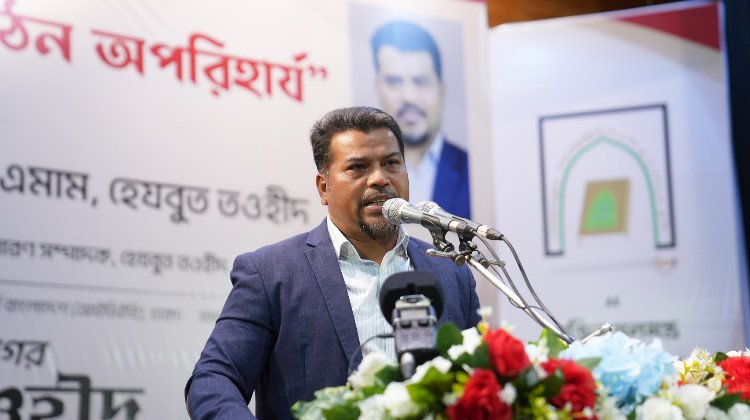


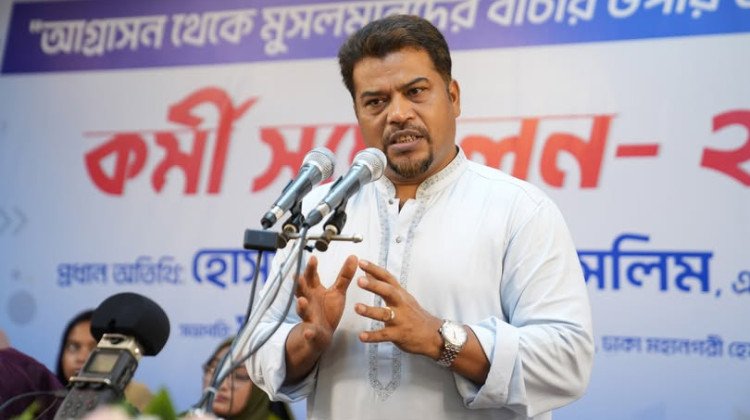
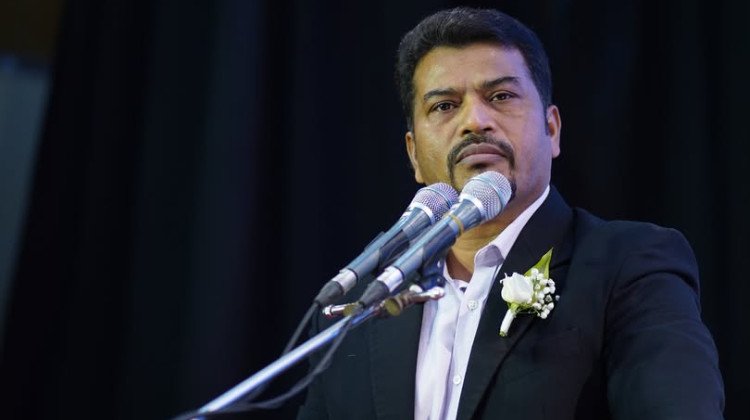
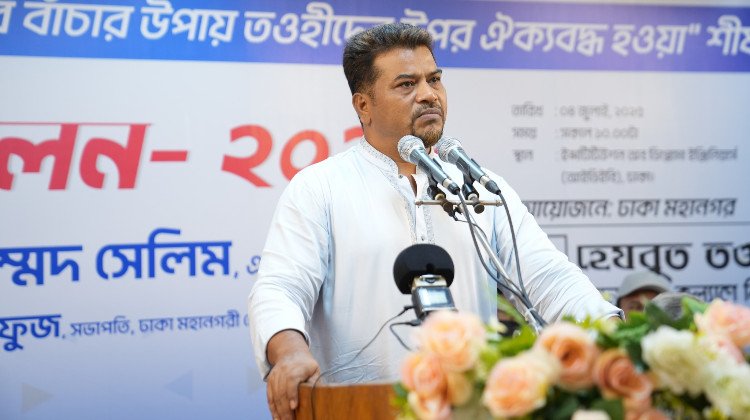
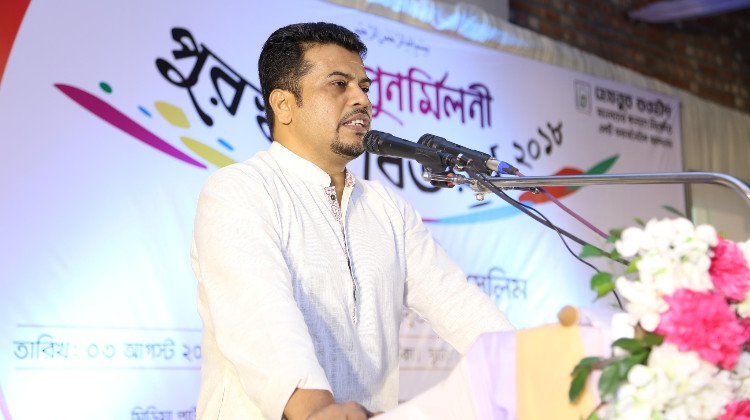
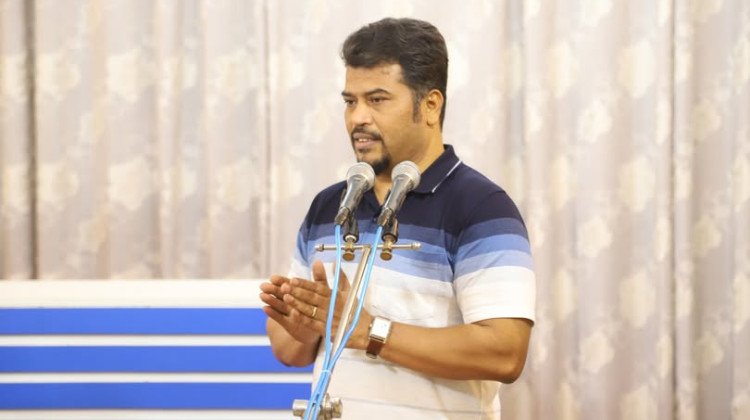
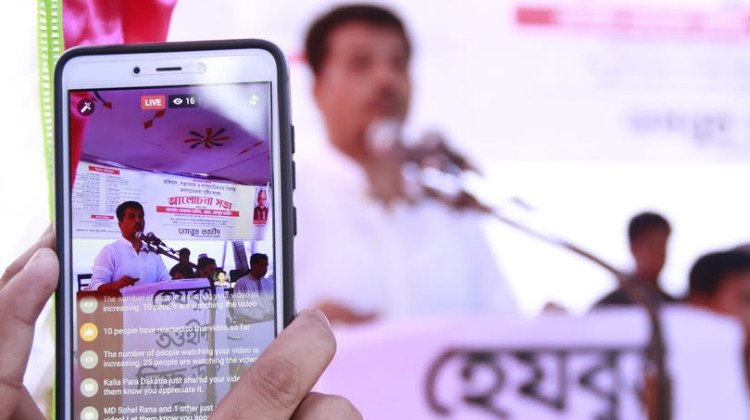
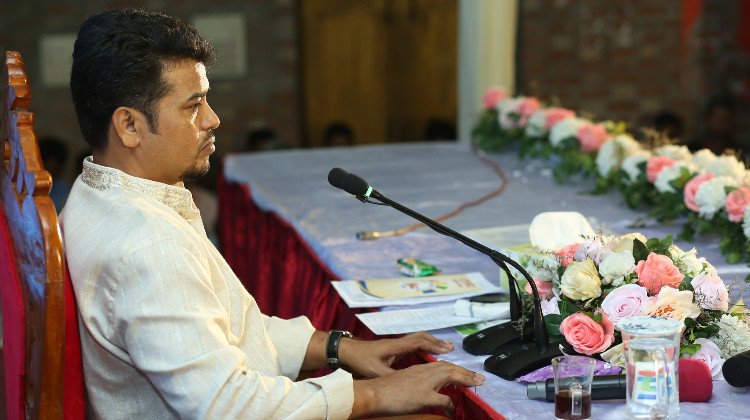





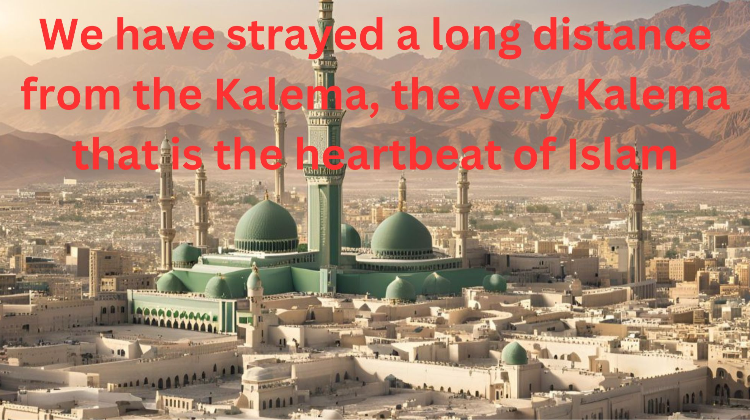


Leave a Comment